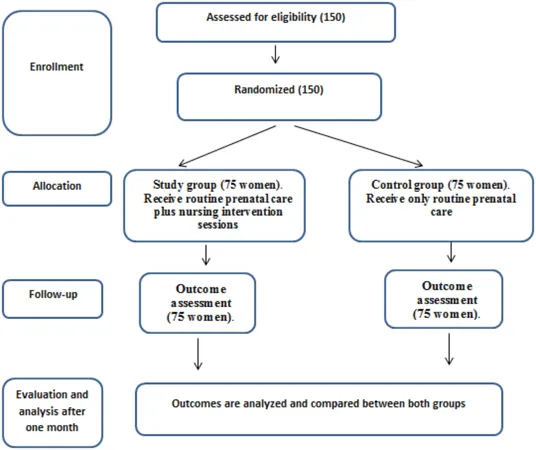
Groundbreaking Discovery: Topical Tripeptide Cream Offers Hope for Psoriasis Sufferers!
2025-04-08
Author: Mei
Introduction
A recent study conducted by scientists at the University of Birmingham has revealed exciting news for those battling psoriasis. Their research indicates that a specific tripeptide, a compound consisting of three amino acids, may alleviate the symptoms of this chronic skin condition when incorporated into a topical emollient cream.
Understanding Psoriasis
Psoriasis is a long-lasting, inflammatory, autoimmune disorder characterized by the rapid overgrowth of skin cells. This condition leads to the formation of painful, scaly patches that can severely impact a person’s quality of life, disrupting sleep and focus. Many individuals face cyclical flare-ups that can linger for weeks or even months, highlighting the urgent need for innovative treatments.
Call for New Treatments
Professor Ed Rainger from the University of Birmingham emphasizes the necessity for new therapeutic options. “While existing treatments exist, there’s a significant demand for safer, continuous therapies that can prevent psoriasis flares without severe side effects,” he stated. The study opens the door to the potential use of peptides derived from PEPITEM for psoriasis treatment.
PEPITEM and its Benefits
PEPITEM, a naturally occurring peptide in the human body, is crucial in regulating inflammation. Conventional psoriasis therapies often rely on emollients and creams containing retinoids, vitamin D analogues, or corticosteroids. However, these treatments frequently come with side effects that can limit their effectiveness over time.
Research Findings
Rainger, alongside Professor Francesco Maione from the University of Naples Federico II, led the groundbreaking research published in *Pharmacological Research*. The team isolated a smaller, active portion of PEPITEM, identifying specific tripeptide fragments that maintain their immune-regulating properties.
Trial Results
The researchers focused on two tripeptide fragments derived from PEPITEM, optimizing them for stability and testing their capabilities to inhibit immune cell activation and migration, significant contributors to chronic inflammation. Remarkably, both the full PEPITEM and its derived tripeptide significantly decreased the severity of psoriasis symptoms among trial participants, with results comparable to the widely used steroid cream Clobetasol Propionate 0.05%.
Animal Study Outcomes
In their animal model studies, one of the tripeptides demonstrated exceptional biological activity. When applied topically in an emollient over a week, the treatment resulted in substantial reductions in disease severity, effectively validated through the Psoriasis Area and Severity Index (PASI) scores.
Promising Statistics
Excitingly, both PEPITEM and its most potent tripeptide led to a 50% reduction in PASI scores, on par with the effectiveness of Clobetasol. The scientists also noted that some of the tripeptides exhibited tenfold higher activity than PEPITEM itself, showcasing their potential.
Broader Implications
The implications of this research extend beyond psoriasis; the team is also exploring PEPITEM's therapeutic prospects for various chronic inflammatory diseases, including lupus, rheumatoid arthritis, and diabetes. To further these promising results, the University of Birmingham Enterprise has filed several patent families related to PEPITEM and its immunomodulatory components.
Future Directions
The research team is now seeking investment, licensing, and collaboration opportunities to bolster the development of peptide-based medications, paving the way for a safer long-term treatment option for individuals suffering from psoriasis. With these groundbreaking findings, the hope for more effective and less risky psoriasis treatments is closer than ever!



 Brasil (PT)
Brasil (PT)
 Canada (EN)
Canada (EN)
 Chile (ES)
Chile (ES)
 Česko (CS)
Česko (CS)
 대한민국 (KO)
대한민국 (KO)
 España (ES)
España (ES)
 France (FR)
France (FR)
 Hong Kong (EN)
Hong Kong (EN)
 Italia (IT)
Italia (IT)
 日本 (JA)
日本 (JA)
 Magyarország (HU)
Magyarország (HU)
 Norge (NO)
Norge (NO)
 Polska (PL)
Polska (PL)
 Schweiz (DE)
Schweiz (DE)
 Singapore (EN)
Singapore (EN)
 Sverige (SV)
Sverige (SV)
 Suomi (FI)
Suomi (FI)
 Türkiye (TR)
Türkiye (TR)
 الإمارات العربية المتحدة (AR)
الإمارات العربية المتحدة (AR)